Philip Jenkins has produced an interesting work, Crucible of Faith: The Ancient Revolution that Made our Modern Religious World, Basic Books, NY (2017) His thesis is that: “So much of what we think […]
Read more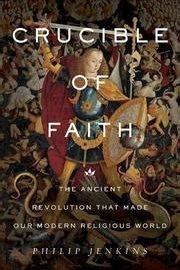

Philip Jenkins has produced an interesting work, Crucible of Faith: The Ancient Revolution that Made our Modern Religious World, Basic Books, NY (2017) His thesis is that: “So much of what we think […]
Read more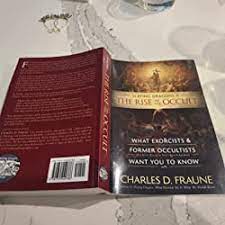
Review: Charles D. Fraune, Slaying Dragons II: The Rise of the Occult, Slaying Dragons Press, 2023, 355 pp. including references This is a good book, and an opportune one at […]
Read more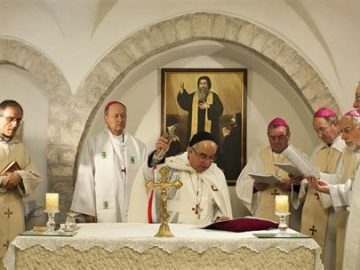
In their Introduction to Eastern Christian Liturgies (Liturgical Press, Collegeville, 2022) Alexopoulos and Johnson define “rite” as follows: A rite is a unique and integrated system of worship with its own rules […]
Read more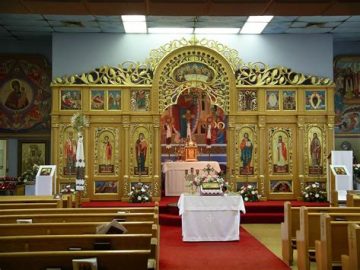
I have already mentioned in the two “Altars and Alterations” posts that Patriarch Dwayhi (also spelt Doueihy and many variants) said that in his day (he died in 1704), the […]
Read more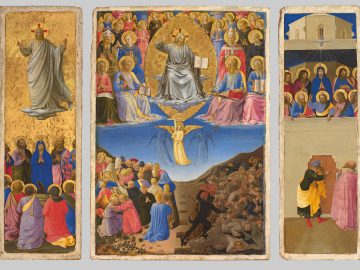
We all have a yearning in our hearts to be united with God. Whatever we may own or enjoy in this world, to be joined with God exceeds them all. […]
Read more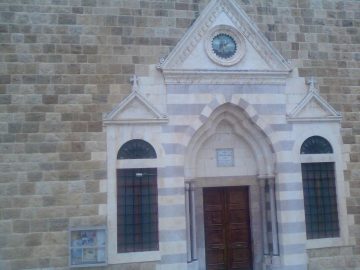
Part One In about 2011, HarperCollins published Norris J. Chumley’s Mysteries of the Jesus Prayer. It is not an uninteresting book, as a travelogue, but its value for me lies […]
Read more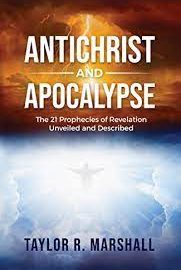
Taylor Marshall, Antichrist and Apocalypse, Saint John Press, 2022 (311 pages, including index) This a significant book, which seems to be part of a nascent movement within Christianity seeking to […]
Read more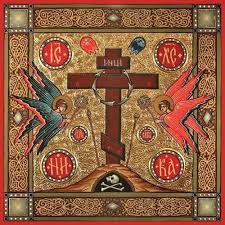
In the two access prayers of the Maronite Divine liturgy, the priest chants “Salaw 3alay, metool moran,” and crosses his hands over his breast, bows to the left and then […]
Read more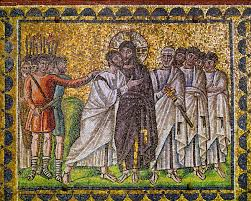
Trust I would recommend you listen to this broadcast of a sermon by Fr Peter Robinson SSPX, delivered on 14 August 2022, the Tenth Sunday after Pentecost. https://youtu.be/COK-FAh_Xyk?t=2542 I […]
Read more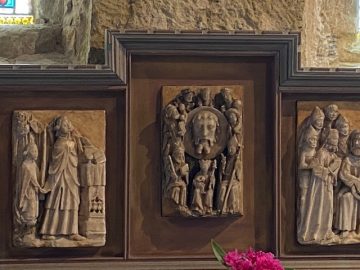
I write on 17 May in the Year of Grace, 2022, from Marazion, Cornwall, within sight of the former Benedictine monastery of Mount St Michael. To keep this short, it is a […]
Read more